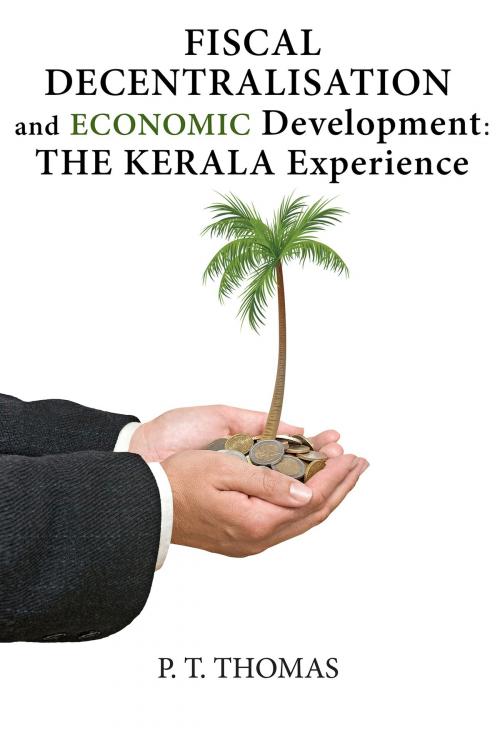Fiscal Decentralisation and Economic Development: The Kerala Experience
Business & Finance, Business Reference, Government & Business| Author: | P.T. Thomas | ISBN: | 9789352068791 |
| Publisher: | Notion Press | Publication: | May 4, 2016 |
| Imprint: | Notion Press | Language: | English |
| Author: | P.T. Thomas |
| ISBN: | 9789352068791 |
| Publisher: | Notion Press |
| Publication: | May 4, 2016 |
| Imprint: | Notion Press |
| Language: | English |
Fiscal Decentralisation and Economic Development: The Kerala Experience signifies a substantial contribution of the trends in the central government’s fiscal transfers and its impact on Kerala and all state finances between the fiscal years 198081 and 201213. Regional disparity in resource transfer and economic development are often sources of political tensions and dissatisfaction in a federal system. The fundamental economic argument advanced in favour of decentralised government activity has been that decentralisation is a means to enhance the efficiency of government activity, to increase social welfare and to promote economic development and growth. Despite constitutional recognition of the third tier in 1992, analysis of fiscal decentralisation incorporating the role and functions of the third tier in conjunction with the first two tiers does not exist.This study is an attempt to provide a more complete picture of the fiscal federalism in Kerala incorporating all the three tiers of government. Before the policymakers shift to some new theories on deciding the allocation of very valuable scarce national resources to states through the Finance Commission and Planning Commission and thereby providing strong incentives to influence the development strategy of states, it is pertinent that we consider some empirical relationships from the data on Indian states and this book hopes to provide some insight into this direction, which will be highly useful to policy makers, administrators and academics.
Fiscal Decentralisation and Economic Development: The Kerala Experience signifies a substantial contribution of the trends in the central government’s fiscal transfers and its impact on Kerala and all state finances between the fiscal years 198081 and 201213. Regional disparity in resource transfer and economic development are often sources of political tensions and dissatisfaction in a federal system. The fundamental economic argument advanced in favour of decentralised government activity has been that decentralisation is a means to enhance the efficiency of government activity, to increase social welfare and to promote economic development and growth. Despite constitutional recognition of the third tier in 1992, analysis of fiscal decentralisation incorporating the role and functions of the third tier in conjunction with the first two tiers does not exist.This study is an attempt to provide a more complete picture of the fiscal federalism in Kerala incorporating all the three tiers of government. Before the policymakers shift to some new theories on deciding the allocation of very valuable scarce national resources to states through the Finance Commission and Planning Commission and thereby providing strong incentives to influence the development strategy of states, it is pertinent that we consider some empirical relationships from the data on Indian states and this book hopes to provide some insight into this direction, which will be highly useful to policy makers, administrators and academics.















